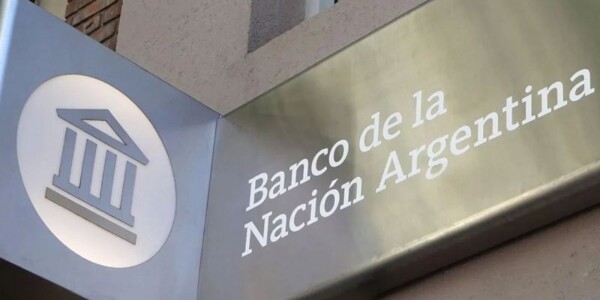
The Federal Chamber of Criminal Cassation will meet in a plenary session of all the judges that compose it to decide whether or not the prohibition of access to benefits such as assisted release or parole for those convicted of serious crimes such as drug trafficking or kidnapping followed by death, among others, is constitutional. The plenary is scheduled for next Tuesday, March 11 at 10:30, after prosecutor Raúl Pleé requested the annulment of sentences that declared the unconstitutionality of these norms, according to judicial sources.
In this plenary, the compatibility of articles 14 of the Penal Code and 56 bis of law 24,660 with the system of progressivity of the penalty, the principle of equality before the law, and the principle of reasonableness of governmental actions will be analyzed. These articles establish that benefits such as assisted release or parole cannot be granted to those who have been convicted of serious crimes such as drug trafficking.
"It is part of the institutional mandate of this Federal Chamber of Criminal Cassation to promote the unification of its own jurisprudence and avoid contradictory rulings," asserted judges Daniel Petrone, Diego Barroetaveña, and Carlos Mahiques in their majority vote. The call for the plenary also arises from the need to resolve contradictory jurisprudence in cases related to benefits for prisoners with firm sentences for serious crimes during the enforcement stage of the penalty, following a direction from the Supreme Court of Justice of the Nation.
The decision to convene the plenary was made in response to a request from prosecutor Raúl Pleé, who urged establishing as mandatory doctrine the full constitutional validity of the articles of the Penal Code that deny assisted release to those convicted of crimes such as drug trafficking. Additionally, the importance of broadening the agenda of the plenary to address not only drug trafficking cases but also other crimes covered by the law that are in the same situation was highlighted.
The relevance of the matter under review, related to the right to freedom of convicted individuals and social reintegration in the criminal enforcement regime, motivated the call for the plenary to address the issue comprehensively and promptly.













